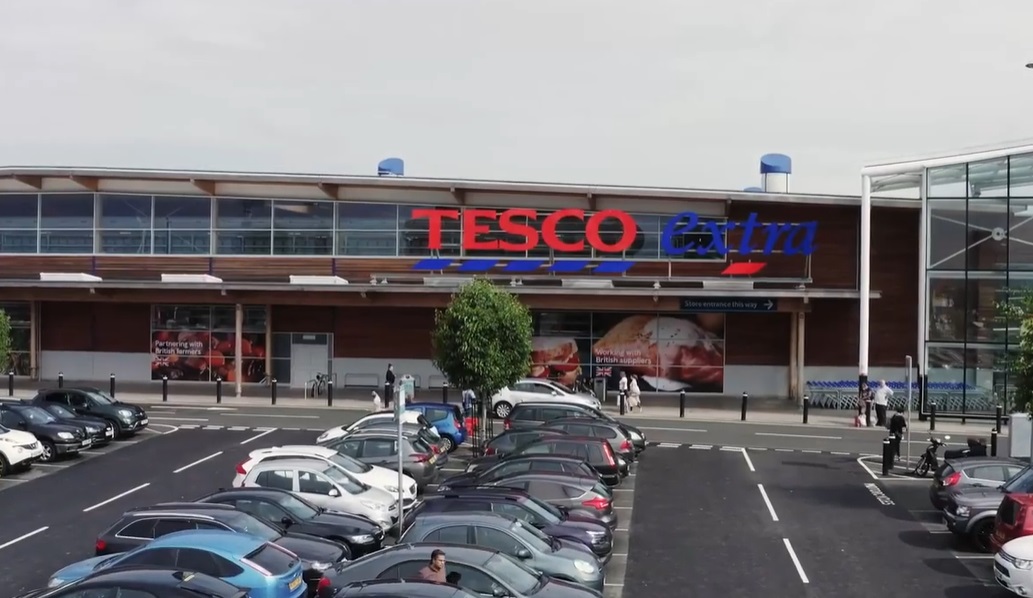
Market Reaction to Budget: Analyzing the Fallout
The UK budget unveiled this week has already begun to ripple through various sectors, with mortgage rates reflecting the economic reaction. As various financial analysts dissect the impacts, it’s essential for homeowners and prospective buyers to understand what these changes mean for their wallets.
The Dust Has Settled on the Budget
In the wake of Wednesday’s budget announcement, clarity amid the economic chaos can be hard to find. Our finance experts have noted that the UK now faces a staggering tax burden, reportedly the highest in decades, following tax hikes totaling £40 billion. These changes will likely shape the economic landscape, with serious implications for housing markets across the nation.
 An overview of the budget’s effects on the UK’s housing market.
An overview of the budget’s effects on the UK’s housing market.
Winners and Losers
As is often the case after such fiscal events, the search for winners and losers is underway. However, recent assessments from financial advisers highlight that it’s difficult to pinpoint many beneficiaries in this scenario. The burden, particularly heavy for businesses, will see national insurance contributions rise sharply, climbing from 13.8% to an alarming 15%. Furthermore, a minimum wage increase will see workers aged 21 or over receiving £12.21 per hour, a rise of 6.7% effective from April.
While these wage earners could be seen as fortunate, a shadow looms over employers who are scrambling to sustain operations under the weight of increasing costs. As Blick Rothenberg succinctly put it, “you would be hard pressed to find many winners.”
Tesco’s Strategic Moves
In a bid to bolster its financial standing amidst these changes, Tesco announced a £700 million share buyback following its banking unit’s sale to Barclays. This strategic maneuver not only returns capital to shareholders but also signifies a long-term partnership with Barclays, allowing Tesco to maintain its brand on banking products while relying on Barclays for the execution. Such moves are viewed positively in the financial community, indicating a proactive approach in challenging times.
 Tesco’s strategic financial decisions in light of the budget.
Tesco’s strategic financial decisions in light of the budget.
Public Sentiment and Housing Concerns
In addition to the fiscal analysis, public sentiment is shifting significantly as readers weigh in on the increasing cost of living. An article detailing 101 areas where rent has become unaffordable has triggered widespread concern among residents. Comments from the public reveal a mounting anxiety about housing stability amid soaring costs and stagnant incomes.
As the economic landscape evolves post-budget, the conversations around housing affordability and rental costs are sure to intensify. Commentators and citizens alike are calling for urgent attention to these pressing issues.
Conclusion: A Time for Vigilance
The implications of this budget are profound and likely to be felt across the economic spectrum for years to come. Homeowners, renters, and businesses must remain vigilant as the landscape shifts, navigating rising costs while seeking solutions amidst a burgeoning housing crisis. As discussions continue around how best to mitigate these challenges, one thing is clear: the trajectory of our economy hinges on these pivotal decisions made today.
To stay updated on emerging trends and forecasts in the mortgage sector, we invite you to follow our analyses and reports.
 The ongoing economic outlook following the budget announcement.
The ongoing economic outlook following the budget announcement.















